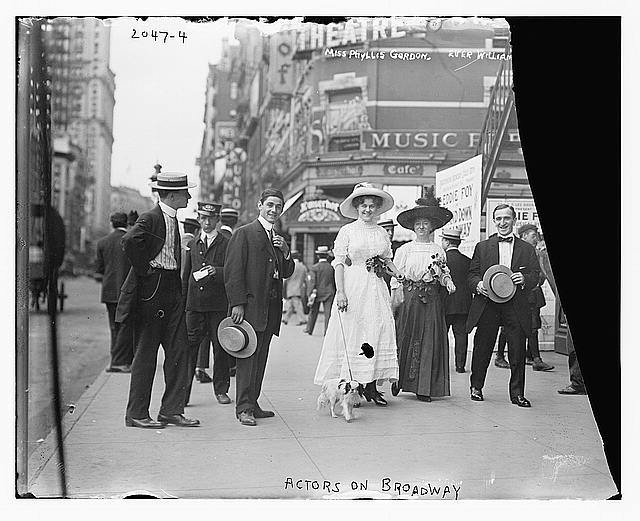
The goal of this class is to experience the role-play as teaching method. Students will be introduced to (and receive) a hands-on curriculum (from Choices Program) that uses primary sources, case studies, videos, and role-play simulations to engage students in an exploration of the concept of human rights and the challenges of international enforcement. The curriculum also introduces students to various human rights actors, and examines the current debate on U.S. human rights policy. Emphasis is placed on helping students develop the skills and habits needed for active citizenship.
 Choices Program ~ The program’s curriculum units draw upon multiple primary source documents and culminate in a rigorous student-centered role-playing activity. Students will take part in a Choices lesson entitled Human Rights: Competing Visions of Human Rights – Questions for U.S. Policy.
Choices Program ~ The program’s curriculum units draw upon multiple primary source documents and culminate in a rigorous student-centered role-playing activity. Students will take part in a Choices lesson entitled Human Rights: Competing Visions of Human Rights – Questions for U.S. Policy.
Working cooperatively, students will examine the evolving role that human rights has played in international politics and explore the current debate on U.S. human rights policy.
The lesson was delivered by guest – Tim Graham. Tim is currently a teacher at Cleveland High School in Portland, OR. He has taught social studies for 12 years in the Portland Public Schools district, working at Roosevelt, Benson, and Franklin high schools in addition to his current placement at Cleveland.
Tim is an excellent role model – innovative, lifelong learner, veteran educator. We’ll have a chance to pick his brain on the challenges and opportunities for teachers in PPS.
He has attended teaching seminars with the Gilder Lehrman Institute of American History, National Endowment for the Humanities, and Watson Institute for International Studies at Brown University. He is currently a Choices Teaching Fellow. Tim maintains two class blogs – IB 20th Century and IB HOTA.
Role Playing
Participants in role playing assignments adopt and act out the role of characters in particular situations. They may take on the personalities, motivation, backgrounds, mannerisms, and behaviors of people different from themselves.Closely related: simulations (which may have a game element) and reenactments (which may employ costumes or other theatrical elements).
When creating role play activities, we are often focused on making the experience memorable. This can lead to lessons that are fun – “we dressed in togas” – but from which students gain little academically.
The most impactful role-playing activities (like Choices, above or Zinn, below) feature debate, decision-making or problem solving from the perspectives of historical figures.
Good role play activities found here:
From Zinn Education Project Link
From Thinking History (primarily in European history) LinkA document-based lesson can be enhanced by role-playing the documents’ creators or audience. For example, these SHEG lessons could easily be modified to add a role play.
Assignment: Next week we will be exploring a variety of student discussion group techniques. Your mission:
Explore the discussion techniques I have assembled on our edMethods Toolkit: Student-Centered Prompts
Be sure to follow links to Teachers Toolkit | OETC PLN Strategies
Choice a: Use one of the discussion strategies with your student before our 11/14 class, and come prepared to share how it went. (Could be a serious or frivolous topic)
Choice b: Pick one of the strategies and lead class in using it (should be in abbreviated form – and take no longer than 15 mins.)
Image credit: Library of Congress: Actors on Broadway Miss Phyllis Gordon
- Creator(s): Bain News Service, publisher
- Date Created/Published: [no date recorded on caption card]
- Reproduction Number: LC-DIG-ggbain-08296 (digital file from original neg.)
- Rights Advisory: No known restrictions on publication.
- Call Number: LC-B2- 2047-4 [P&P]
